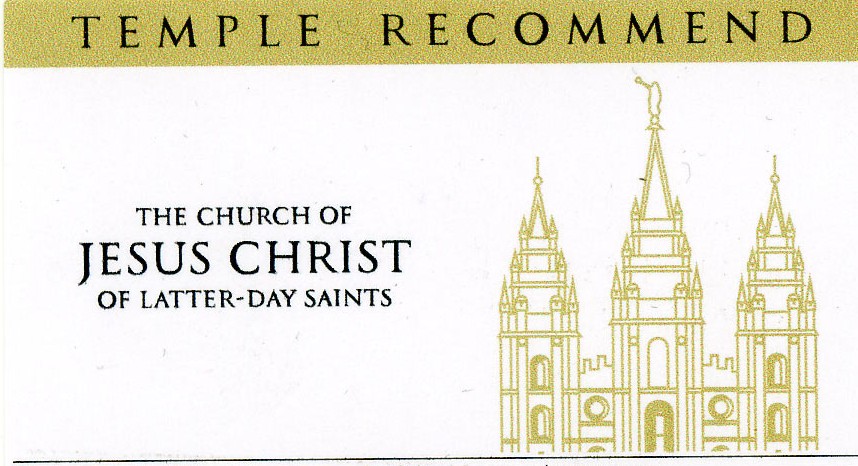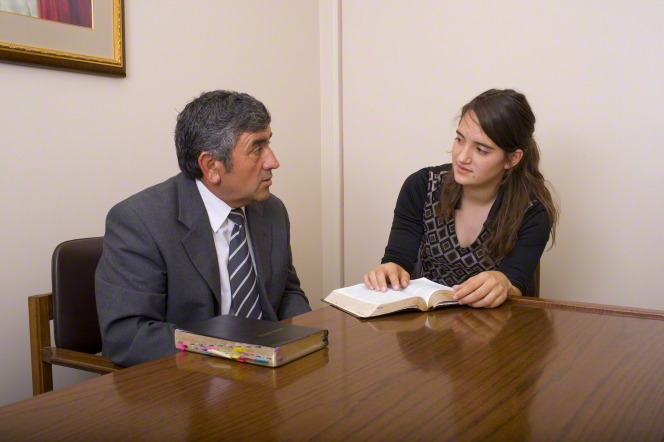Question
Gramps.
Are you saying that even if you hate paying tithing and resent it, pay it any way and you will be blessed? I was under the impression that tithing like repentance has to come from pure intent or it does not work. Can you clarify? We have been taught to pay tithing even if it leads to bankruptcy and homelessness. That if we have faith nothing bad will happen to us financially. I know of families who were living on a budget and and within their means but had their pay decreased by 50% and their tithing ruined.
Vandydad
Answer
Vandydad,
In our Doctrine and Covenants the Lord clarified the relationship between obedience and blessings when he stated, “There is a law, irrevocably decreed in heaven before the foundations of this world, upon which all blessings are predicated. And when we obtain any blessing from God, it is by obedience to that law upon which it is predicated.” In relation to this verse, Yes, we are blessed for paying tithing even if we resent it, because we have obeyed a law irrevocably decreed in heaven. A blessing predicated would be our ability to enter the House of the Lord and receive the ordinances therein for ourselves and to perform these ordinances for others. Whether or not a person resents paying tithing or a person loves paying tithing, if both are full tithe payers they may enjoy the blessings our temples bestow.
Repentance on the other hand requires a humble heart to confess and forsake sin. If we resent repentance there is no reason to change, so our efforts will produce no fruit. There will be no change of mind or heart. One might call this irony, an individual who resents the idea of repentance, which means a person is resenting change, yet this individual is praying to change.
In relation to your question about members paying tithing when they are financially strapped, we honestly have no financial promise that only good experiences will result if we pay our tithing. If such a promise existed, then we wouldn’t see members of the Church without employment, but we do. We wouldn’t see members of the Church who are unable to pay rent, utilities, groceries, et cetera, but we still do. The Lord recognizes hard times may come upon his children, both the good and evil, as the Lord declared, “That ye may be the children of your Father which is in heaven: for he maketh his sun to rise on the evil and on the good, and sendeth rain on the just and on the unjust” (Matthew 5:45).
The question we must ask ourselves, “How much do we personally love the Lord and his commandments?” Did not the Lord say, “If ye love me, keep my commandments”? Thus, life’s circumstances may present us difficult, trying, choices in life. Take the young father of four children who loses his job and then is employed by another company which pays 50% less than what he was currently earning. They receive their pay check, they look over their bills, and recognize if they pay tithing they won’t be able to pay their car loan. What do they do? They have a choice, either to keep the commandment of God (trust), or to disobey the commandment (weakness) and receive no blessing.
In light of this example regarding a young father, I know, the words of Moroni enter into my mind and heart, “for ye receive no witness until after the trial of your faith” (Ether 12:6). The words of Abraham also enter into my mind and heart, “And we will prove them herewith, to see if they will do all things whatsoever the Lord their God shall command them;” (Abraham 3:25)
When we experience personal or family trials it is important that we remember this scripture, “Look unto me in every thought, doubt not, fear not. Behold the wounds which pierced my side, and also the prints of the nails in my hands and feet; be faithful, keep my commandments, and ye shall inherit the kingdom of heaven” (Doctrine and Covenants 6:36-37).
May the Lord bless each of us to continue to be faithful as we show our love of God by keeping his commandments, even through difficult times, when we may resent the invitation/commandment to pay our tithing, which doesn’t help the ability to meet financial obligations when money is short. Yet, we still pay, because we love God and His righteousness.
Gramps






